Introduction
How To Get Rid Of Outside Rats: Rats are intelligent and adaptable creatures that have coexisted with humans for centuries. While they may have their place in the wild, having rats infesting the outdoor areas of your home can lead to numerous problems. These rodents can damage property, spread diseases, and cause significant distress for homeowners. Therefore, knowing how to effectively get rid of outside rats is crucial for maintaining a safe and healthy environment around your home. Outdoor rat infestations can occur in various settings, from suburban neighborhoods to rural properties. These pests often seek shelter, food, and water sources near human dwellings, making residential areas susceptible to rat problems.
Whether you have a lush garden, a cozy backyard, or a sprawling rural property, the presence of rats can undermine the tranquility and cleanliness of your outdoor spaces. In proven strategies for eliminating outside rat infestations, preventing their return, and protecting your property from their destructive tendencies. From understanding the signs of rats humans infestations to implementing humane and environmentally friendly control methods, we will cover all the essential steps to help you regain control of your outdoor areas.
It’s that dealing with outdoor rats requires a combination of patience, and persistence. Rats are resourceful creatures that can adapt to various conditions, so it’s essential to approach rat removal with a well-thought-out plan. By the advice and techniques outlined in this, you’ll be better equipped to reclaim your outdoor spaces and enjoy them free from the presence of these unwanted intruders.
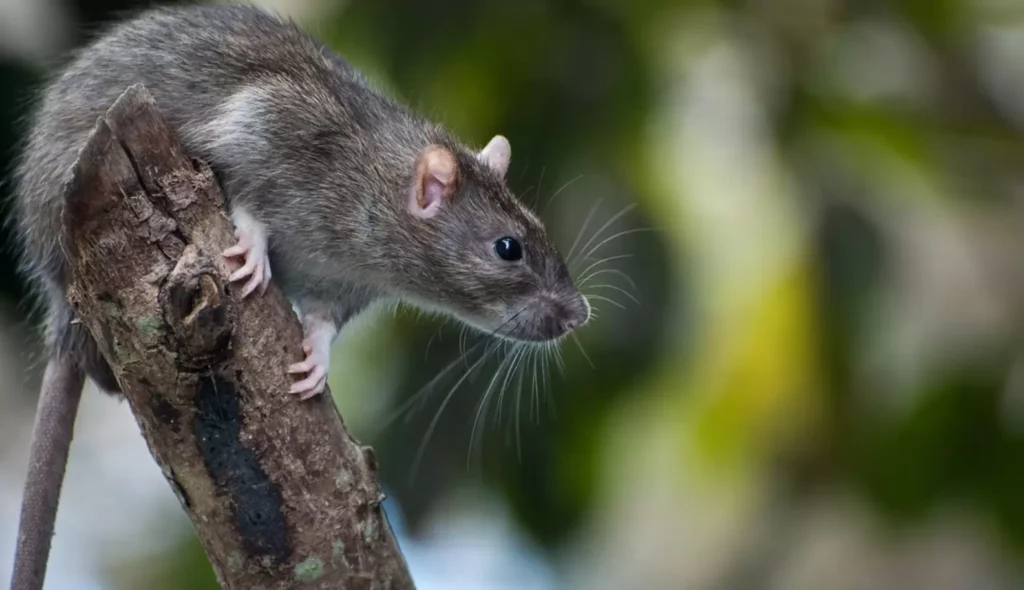
What keeps rats away outside?
Rats tend to shy away from mint and any other herbal aromas. Many homeowners claim to have personally tested these multiple times. You can also make deterrent sprays from the peppermint leaves by chopping some leaves and adding them to boiling water. Additionally, this plant also known to repel fleas, ticks and ants.
One of the most critical steps in rat prevention is cleanliness. Rats are attracted to areas with readily available food sources, so keeping your outdoor space free of food scraps, fallen fruit, and pet food can significantly reduce their interest in your property. Regularly clean up debris and trash, and secure garbage cans with tightly fitting lids to deny rats access to food.
Rats can squeeze through surprisingly small openings. Inspect your home’s exterior for any gaps or cracks and seal them with materials like caulk, steel wool, or mesh screens. Pay particular attention to areas around pipes, vents, and utility entrances.
Overgrown vegetation can rats with hiding spots and easy access to your property. Keep your lawn, bushes, and trees well-trimmed, ensuring there are no branches or foliage touching your home’s exterior.
What smell keeps rats away?
Mint / Mint Oil: Both peppermint and spearmint give off strong odors. Using concentrated oils on cotton balls and placing them in drawers, closets, and cabinets, will help keep rats out of small, confined areas. Mint plants can also be grown around the perimeter or a home to help deter rats and other rodents.
Peppermint oil is a potent rat repellent due to its strong and pungent aroma. Rats dislike the scent of peppermint, and it can mask the attractive odors of food or nesting materials. To use peppermint oil, soak cotton balls in the oil and place them strategically around areas where rats may enter or nest. Refresh the cotton balls regularly to maintain the smell.
Eucalyptus oil has a strong, minty scent that rats find offensive. Similar to peppermint oil, you can apply eucalyptus oil on cotton balls or soak rags in the oil and place them near entry points, nesting areas, or potential hiding spots for rats.
Mothballs emit a strong odor due to their active ingredient, naphthalene. While these are not intended for use as rat repellents, the smell can deter rats. Be cautious when using mothballs outdoors, as they are toxic to humans and pets. Place them in enclosed and ventilated containers to avoid direct contact.
What kills rats instant?
So What Kills Rats Instantly? The only safe and viable method that will kill a rat instantly is a snap trap. Poisons can take up to a week to kill the rats and other types of traps will not an instant kill, and will even cause severe suffering.
Snap traps are one of the most widely used methods for killing rats quickly. When a rat triggers the trap by attempting to take the bait, a spring-loaded bar snaps down, delivering a lethal blow. Snap traps are considered humane if they are set correctly and maintained properly. Always follow manufacturer instructions to ensure quick and humane kills.
Electric rat traps are designed to deliver a high-voltage shock to the rat when it enters the trap to access bait. This method quickly and humanely kills the rat. These traps are reusable and efficient, making them a popular choice for homeowners.
Some commercial rat control systems use carbon dioxide (CO2) gas chambers to euthanize rats. The rat is placed in an airtight chamber, and CO2 gas is introduced, quickly displacing the oxygen and causing the rat to lose consciousness and die. While this method is considered humane, it may not be readily available to homeowners and is typically used in larger-scale pest control operations.
Why do rats suddenly appear?
There are two main things that can attract mice and rats to your house – food and shelter. If you don’t tidy up properly and there’s food waste on the floor or surfaces, rodents are going to love it! Rats and mice also need shelter, particularly during winter to avoid the worst of the cold.
Rats are more active and visible during certain times of the year. In colder months, they seek shelter indoors to escape the harsh weather conditions. Conversely, in warmer months, rats may venture outdoors in search of food and water sources, becoming more noticeable in the process. Seasonal shifts can lead to the sudden appearance of rats.
Rats are attracted to readily available food sources. If there is an increase in accessible food, whether it’s from open garbage bins, pet food left outside, or improperly stored pantry items, rats may be drawn to your property. Their sudden presence could indicate changes in food availability.
Just like food, water is a critical factor in rat survival. If there’s a leak, standing water, or open containers of water around your property, rats may be attracted to these water sources, leading to their sudden appearance.
What is the best homemade rat repellent?
Essential oils that may be helpful in repelling rats and mice include peppermint oil, lemon oil, citronella oil, and eucalyptus oil. You can make an essential oil spray by mixing 2 teaspoons of oil with 1 cup of water or rubbing alcohol in a spray bottle. Then spray it anywhere you see traces of rodents.
Peppermint oil is known for its strong and pungent aroma, which rats find unpleasant. To make a peppermint oil rat repellent, mix 25-30 drops of pure peppermint oil with water in a spray bottle. Shake well and then spray it in areas where you suspect rat activity, near entry points, and around potential hiding spots. Refresh the solution regularly to maintain the scent’s potency.
Eucalyptus oil has a similar minty scent to peppermint and can also deter rats. Mix a few drops of eucalyptus oil with water in a spray bottle and apply it in the same manner as the peppermint oil repellent.
Rats are known to dislike the smell of ammonia. Mix 2-3 cups of ammonia with water in a bucket and soak rags or cloths in the solution. Place the soaked cloths in areas where rats are active or likely to enter your property. Be cautious when handling ammonia and ensure proper ventilation.
What smell do rats fear?
Vinegar. The pungent smell of vinegar is also a natural way to repel mice and rats. These pests cannot stand the sharp scent of vinegar, which means it can be used as an effective rodent repellent.
Peppermint oil has a strong, minty scent that rats find repulsive. It can mask the smell of food and deter rats from entering your home or specific areas. You can soak cotton balls in peppermint oil and place them near rat entry points, in the attic, or in other rat-prone areas.
Similar to peppermint oil, eucalyptus oil has a potent scent that rats dislike. Mixing a few drops of eucalyptus oil with water in a spray bottle and applying it in rat-prone areas can help deter them.
Rats have an aversion to the smell of ammonia. You can create an ammonia solution by mixing water and ammonia in equal parts and then spraying it in areas where rats are active or likely to enter your property. Ensure proper ventilation when using ammonia.
Do rats hate onions?
A cut, fresh onion emits a powerful odour and irritates the eyes of rats, just like humans. Rats are very sensitive to harsh odours, so won’t likely eat a raw onion if left on its own. Some homeowners mix the raw onion with meat or other food to mask the smell and trick the rodent into eating it.
Scent Repellent: Onions emit a strong and distinctive smell due to sulfur compounds. Rats find this odor offensive, and it can disrupt their sense of smell, making it difficult for them to navigate and locate food sources. Placing slices of onions near rat entry points, potential nesting areas, or areas with rat activity can help repel them.
Masking Food Smells: Rats are attracted to food sources by scent. By placing onions near areas where food is stored or where rats might access it, you can help mask the appealing smell of food, making it less enticing for rats.
Natural Deterrent: Onions are a natural and non-toxic deterrent option. Unlike chemical rat repellents, onions pose no harm to humans or pets when used to deter rats. This makes them an environmentally friendly choice for those who want to avoid toxic substances.
Can naphthalene balls keep rats away?
The amount of naphthalene found in mothballs is a small dosage. It’s enough to deter moths and other insects when used in a small room or sealed container, but the dosage is not nearly enough to affect rats.
Naphthalene balls are not specifically designed as rat repellents, and their effectiveness in deterring rats is limited. While the strong odor of naphthalene may temporarily discourage rats from entering certain areas, it is unlikely to long-term or comprehensive rat control.
Naphthalene is classified as a toxic substance, and its use can pose health risks to humans and pets. Prolonged exposure to naphthalene fumes can lead to health issues, including headaches, nausea, dizziness, and, in severe cases, hemolytic anemia. The toxic nature of naphthalene makes it an unsuitable option for use in areas where people or pets reside.
In cases of severe rat infestations, rats may become accustomed to the smell of naphthalene over time and continue to thrive in the area. Rats are highly adaptable and can overcome simple scent deterrents.
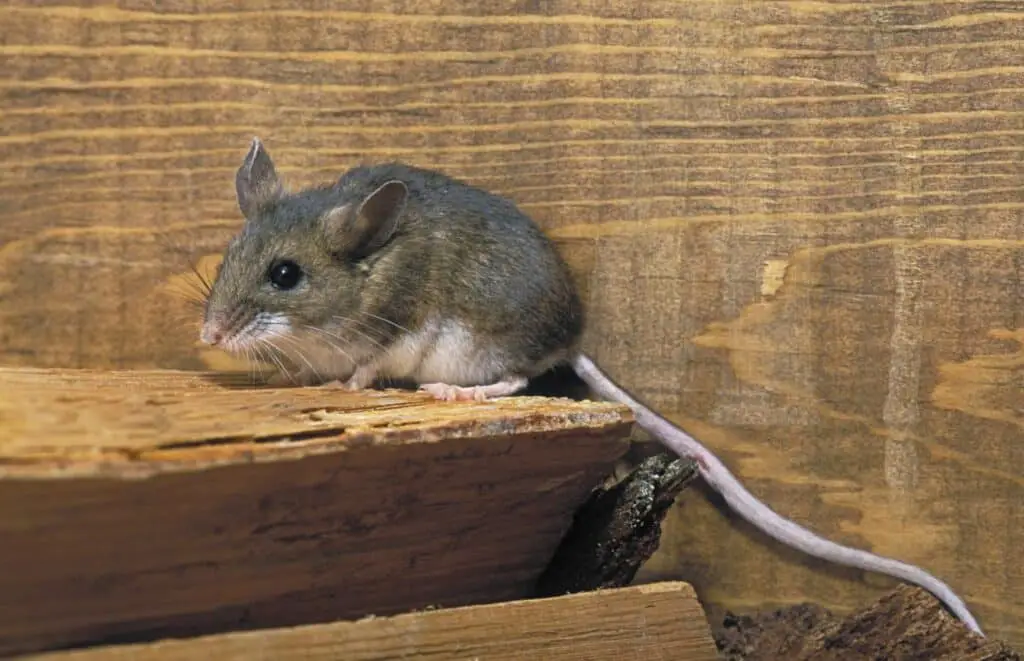
Conclusion
In the presence of outside rats can be a persistent and concerning problem for homeowners and property managers alike. These resilient rodents, with their ability to adapt to changing conditions, pose a threat to our outdoor spaces, property, and health. However, with the right and a proactive approach, it is entirely possible to get rid of outside rats and maintain a rat-free environment. A range of effective strategies and techniques for rats outside control. These methods encompass both humane and environmentally friendly options to suit your preferences and values.
The signs of rat infestations include implementing preventive measures and employing traps or repellents, the key takeaway is that a well-rounded approach is crucial for success. One of the fundamental aspects of successful rat control is understanding the behavior and habits of these rodents. By recognizing what attracts rats to your property, such as food sources and shelter, you can take proactive steps to eliminate these incentives. This includes securing trash cans, sealing entry points into your home, and maintaining a clean and clutter-free outdoor area.
Additionally, we have various methods of rat removal, ranging from trapping and baiting to natural deterrents like planting rat-repelling herbs or using ultrasonic devices. It’s that no single approach works for every situation, so a combination of methods may be necessary to achieve the best results. Rat infestations can quickly resurge if you let your guard down. Regular inspections, maintenance of preventive measures, and prompt action in response to any signs of rat activity are essential to keeping these pests at bay.

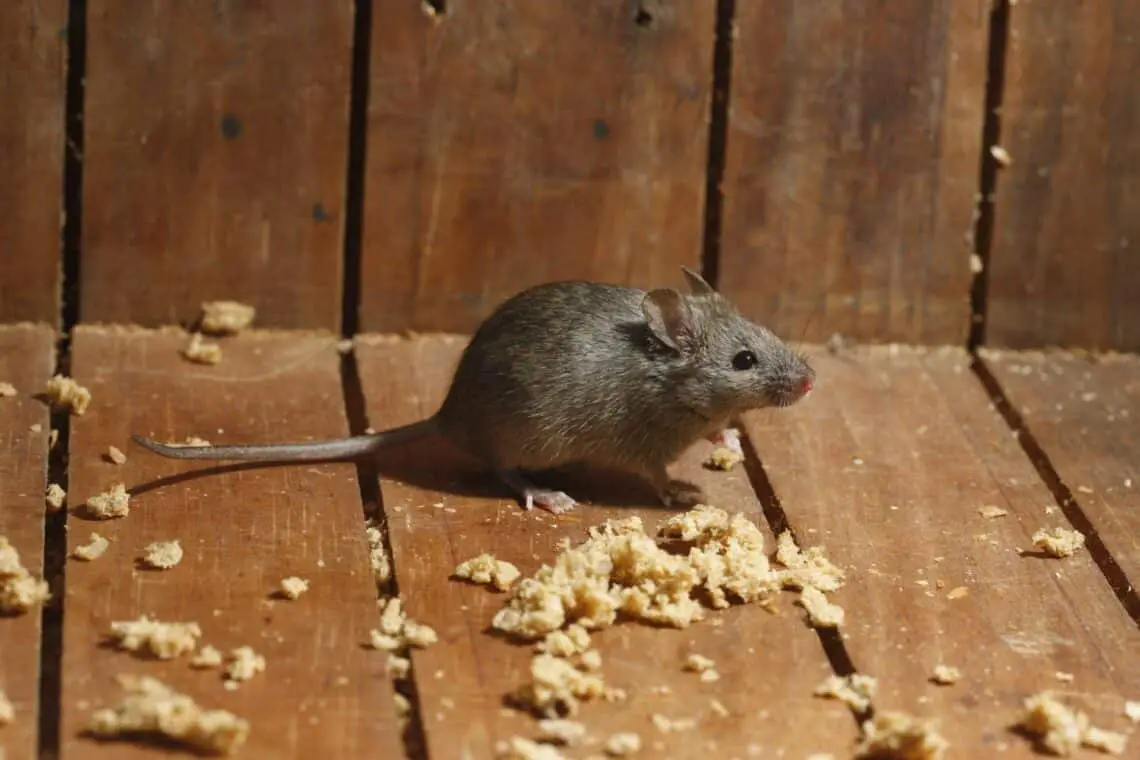
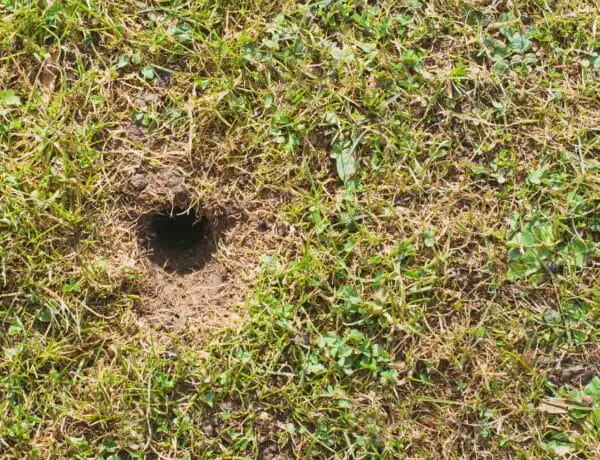

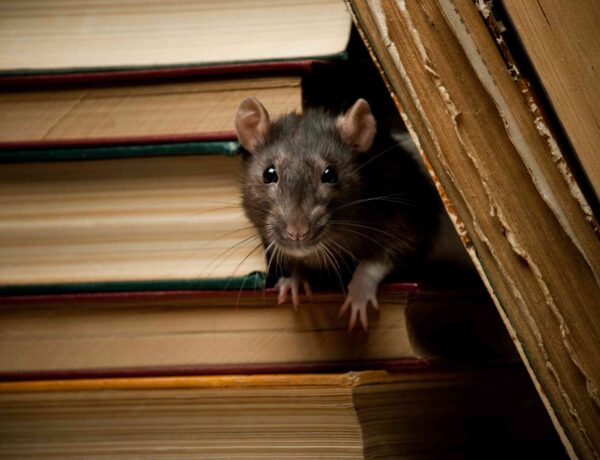
No Comments